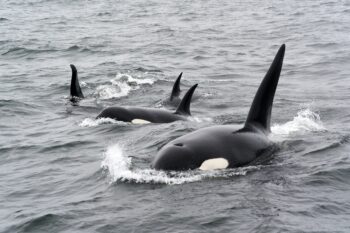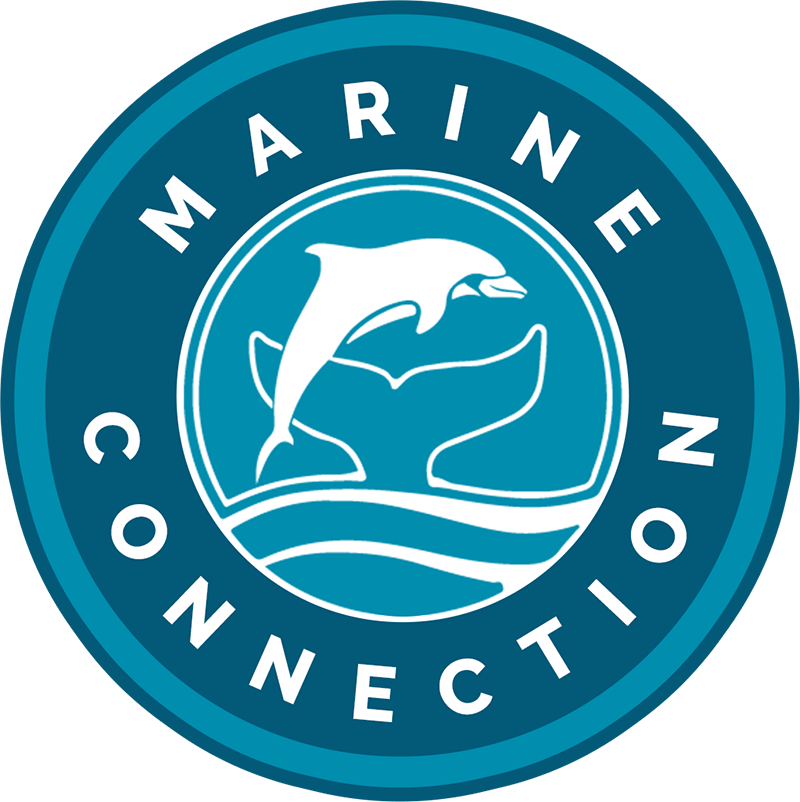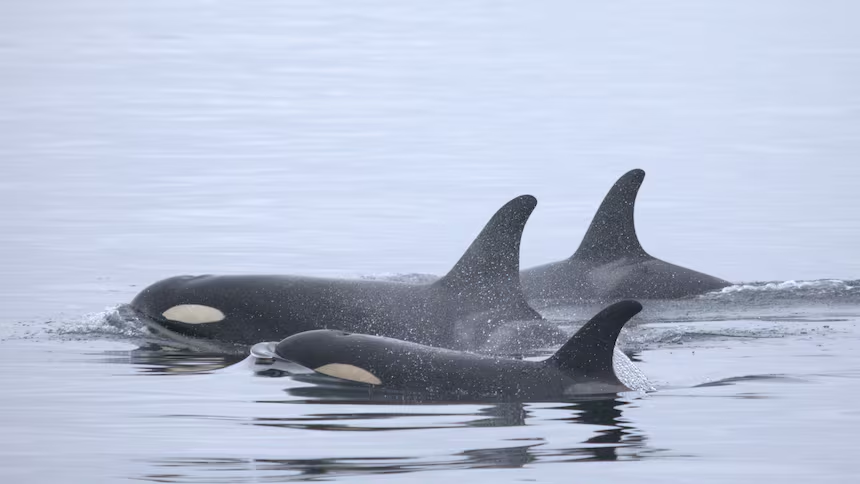
A family of five narrowly escaped disaster last week after their yacht was sunk by orcas off the coast of Portugal, marking the second such incident in a month. The attack occurred in broad daylight near Fonte da Telha, where a pod of Iberian orcas struck the yacht’s rudder—a now-familiar pattern in this growing maritime phenomenon. The orcas’ impact caused the vessel to spin uncontrollably before it ultimately sank. Fortunately, the family managed to abandon ship and were later rescued unharmed. A nearby fishing vessel first came to their aid before the Portuguese Air Force airlifted them to safety.
This incident is the latest in an ongoing trend of orca interactions with sailing vessels, particularly slow-moving yachts with large rudders. Since 2020, there has been a sharp increase in such encounters along the Iberian coast, with around 500 reported by 2023. Though no human injuries have been reported so far, roughly 20% of the affected boats have sustained damage, and several—like this one—have been lost entirely. Initially believed to be limited to deeper waters, recent encounters have occurred in shallow coastal areas once thought to be safe, raising concerns among sailors and marine authorities. The motives behind the orcas’ behaviour remain unclear, but whatever the cause, the frequency and severity of these interactions are escalating.



